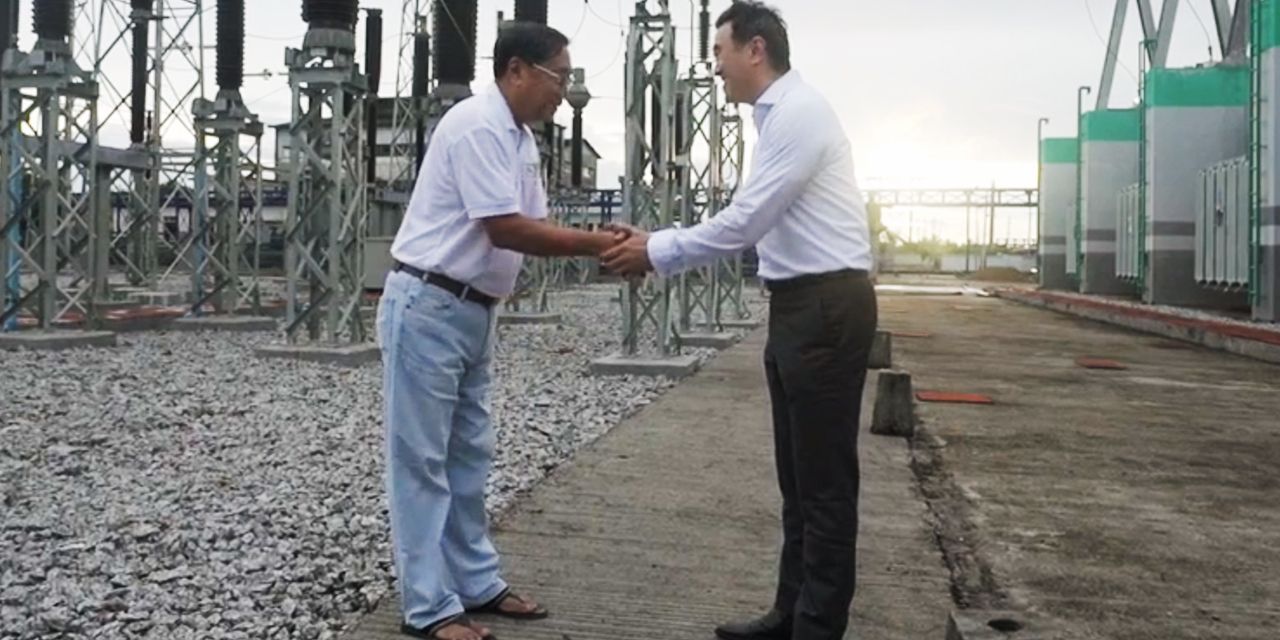Sandar Win, a business woman in Mawlamyine township in Myanmar’s Mon State, warmly invites us into her living room where her husband, mother and a young girl sit on the floor, smiling as we enter.
It’s a sparsely decorated room but immaculately kept. The floor is quality teak, locally sourced and freshly polished, with an intricately handcrafted staircase leading to the second floor. The house could easily be one of the best-furnished homes on one of Mawlamyine’s more affluent side streets. As we take a seat, we hear the clacking outside.
At the back of the house, Sandar runs a fabric weaving business. Three older women are working the wooden looms, guiding large levers of wood backward and forwards as the attached cotton entwines into boldly patterned strips of fabric. It’s a vibrant and happy space with the rhythmic clatter punctuating the otherwise quiet of the neighbourhood. Behind them is a mechanical loom, manned by no one. The electronic device shoots up and down over the loom, weaving fabric faster, quieter and cheaper than even the women can.
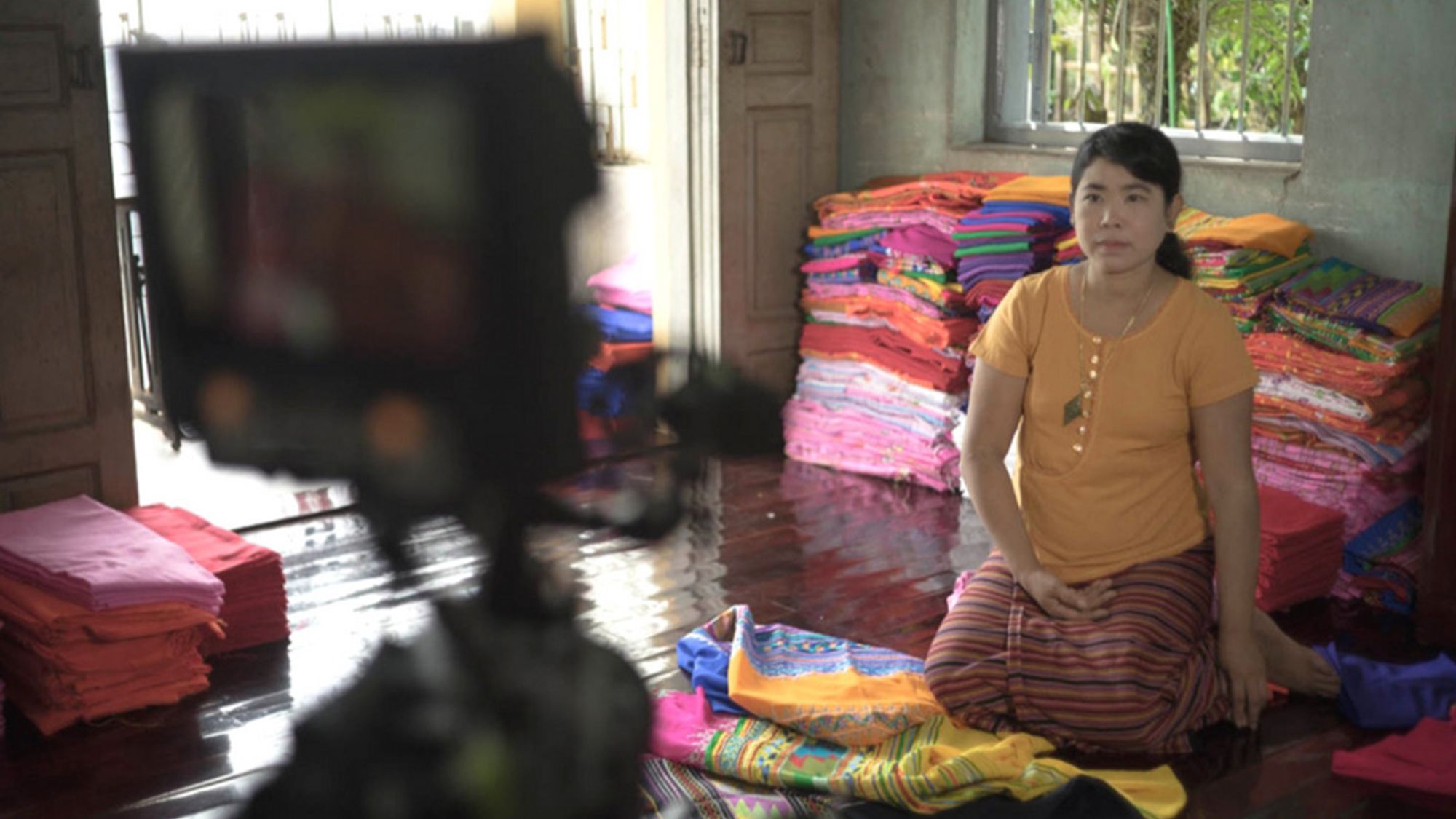
With the proceeds from her business, Sandar supports a family of 11 – herself and her husband, mother, father, two sisters, brother, two children and two nieces. She also employs several weavers who have families to support. Something is clearly powering Sandar’s home and business success, and part of that is an amenity we often take for granted: electricity.
“We got full electricity two years ago. Before that there was no transformer around here, we had to use a generator,” says Sandar. “We used to have lots of blackouts and very low voltage, just 60 or 70 volts. Even when there was light, it wasn’t very bright.”
But that all changed in late 2014 when phase 1 of the construction of a 230-megawatt (MW) power plant in Mawlamyine was completed. The new power plant is just a 10-minute drive from Sandar’s house.
Power station to the people
The new electricity supply has enabled Sandar’s business to double its productivity, and she plans to expand even further. Before the new supply, she had to buy petrol for the generator. Electricity is cheaper and saves her business and her family money.
Sandar was lucky. Because her house was close to the new plant, she was one of the first to receive electrical supply back in 2014. Now, the plant generates electricity to power five million homes throughout Mon State. Phase 2 of the combined cycle gas-fired plant was completed in October 2016.
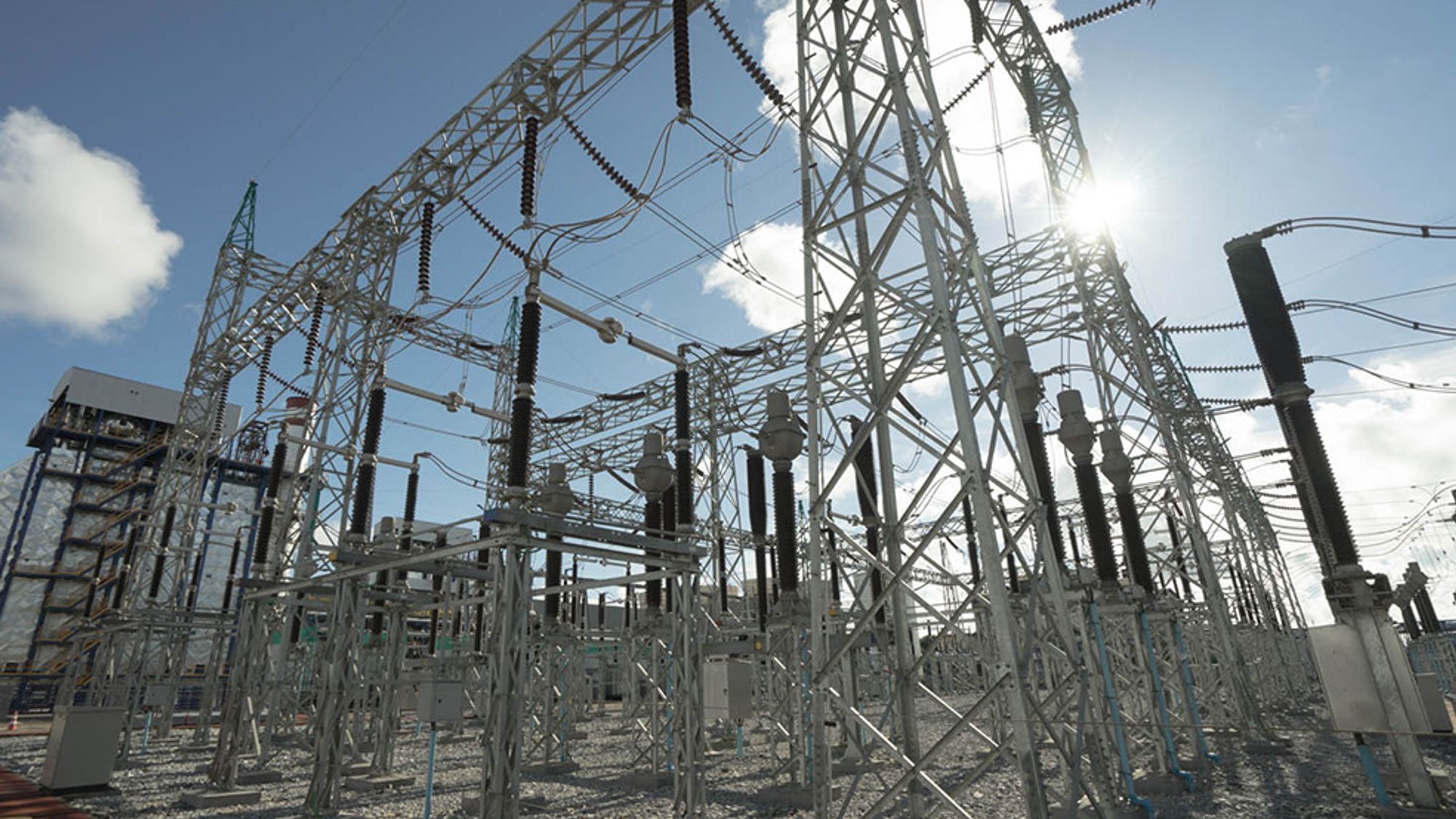
It’s quite an achievement for the sovereign state of Myanmar, also known as Burma, a Southeast Asian country that borders Bangladesh, India, China, Laos and Thailand. At 676,552 sq km (261,218 sq miles), Myanmar is about the same size as France or the United Kingdom.
Before the power plant, only a quarter of Myanmar’s population of 50 million people had access to electricity – mostly residents of the main cities of Yangon (also known as Rangoon), Naypyidaw and Mandalay. In rural areas, just one in five households were connected to the grid.
A successful partnership
The power plant in Mawlamyine is located 395km (245 miles) from Myanmar’s capital city of Naypyidaw or a six-hour drive from the main commercial city of Yangon. It was constructed on the site of a previous plant, built by the Chinese some years before.
“Before the new plant, blackouts and energy shortages were common. The existing power plant was running at a slow output; there were lots of challenges and logistics,” says Tang Weng Fei, a veteran oil trader who heads Asiatech Energy, the Singapore-based energy supplier that built the plant.
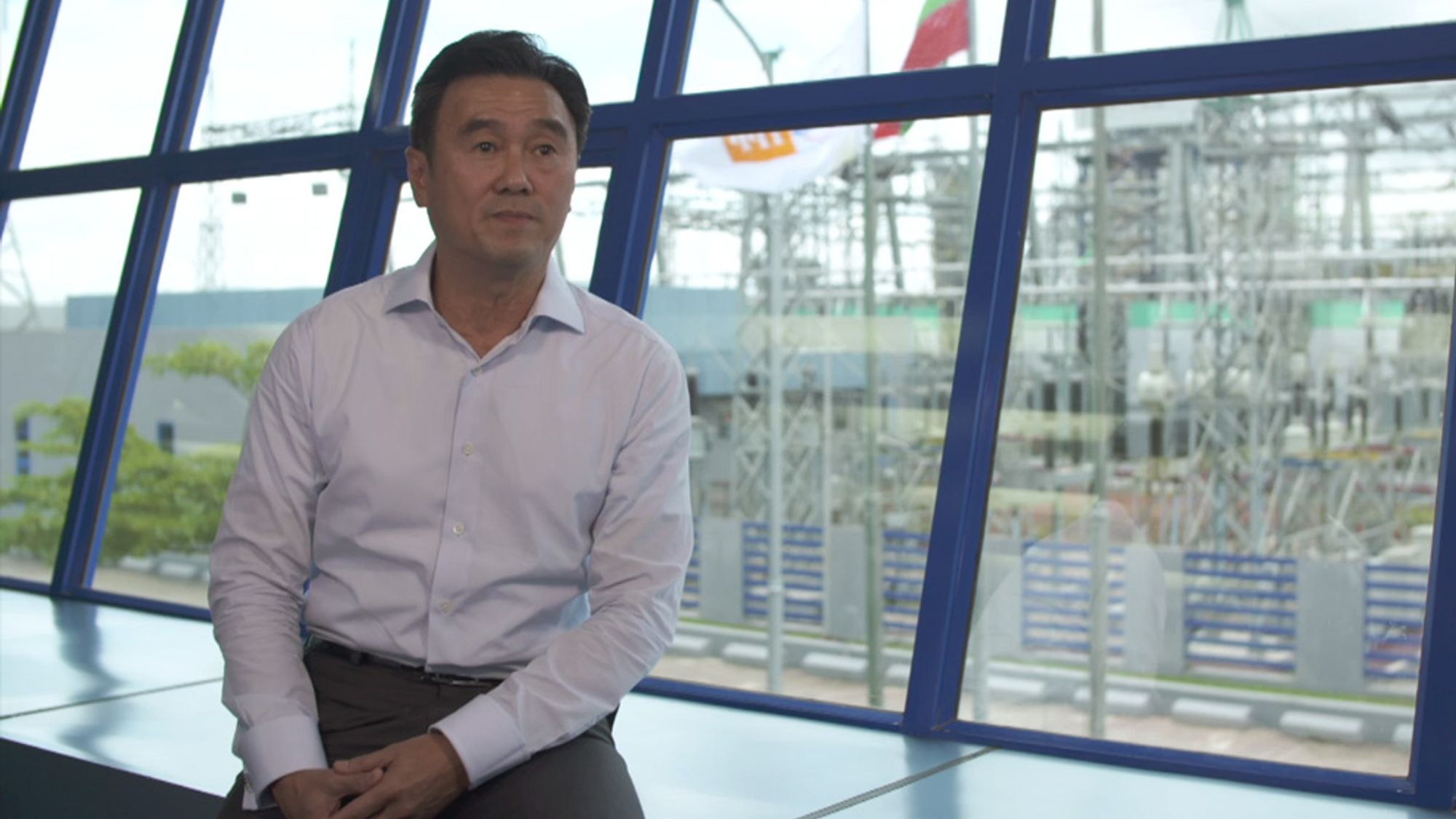
“Myanmar was just opening up, which made it hard to get equipment into the country. If you walked around the town three years ago, you wouldn’t expect to see so much as a supermarket. Because of this plant, investors are starting to come in,” says Tang.
Myanmar Lighting commissioned Asiatech Energy to construct the power plant and will own and operate the power plant. The electricity generated will be distributed by Myanmar Electrical Power Enterprise.
It was financing from Singapore’s United Overseas Bank (UOB) that made the project happen. For all four parties involved – UOB, Asiatech Energy, Myanmar Lighting and Myanmar Electrical Power Enterprise – it has been a remarkable achievement.
“A project this size has to be an excellent partnership. The important thing was to get the finance in place,” says Tang. “We achieved that after just one year. I spoke to many financial institutions. Many were reluctant to get involved, but fortunately, UOB could see the opportunity.”
Bigger than just business
So what attracted UOB to the project?
Speaking from Singapore, Frederick Chin, managing director and head of group wholesale banking at UOB, said, “Apart from supporting our customer, we saw the strategic importance of the project to the early economic development of Myanmar and the lives of its people,” says Chin.

And this, it seems is an important consideration when UOB makes a financing decision. The bank is looking to forge and maintain strong business partnerships, but also looking beyond these at projects that may impact local communities, change lives and grow economies.
“It is significant when our bank can bring our enterprising spirit and the strength of our network into making challenging projects possible,” says Chin. “It is especially meaningful when these projects also bring about positive economic change.”
A brighter future for everyone
Back at Sandar’s house, as the sun starts to set and the weavers finish their work for the day, her family and friends gather on the shiny wooden floor of the living room in front of a small digital TV – one of the few notable features within the home. “We watch TV together every night,” she smiles.
“Education, business and social lives have changed and improved since the establishment of the power plant,” says Sein Wan of Myanmar Lighting, who grew up in the town with no electricity. He is pleased to be involved in a project that helps the community.
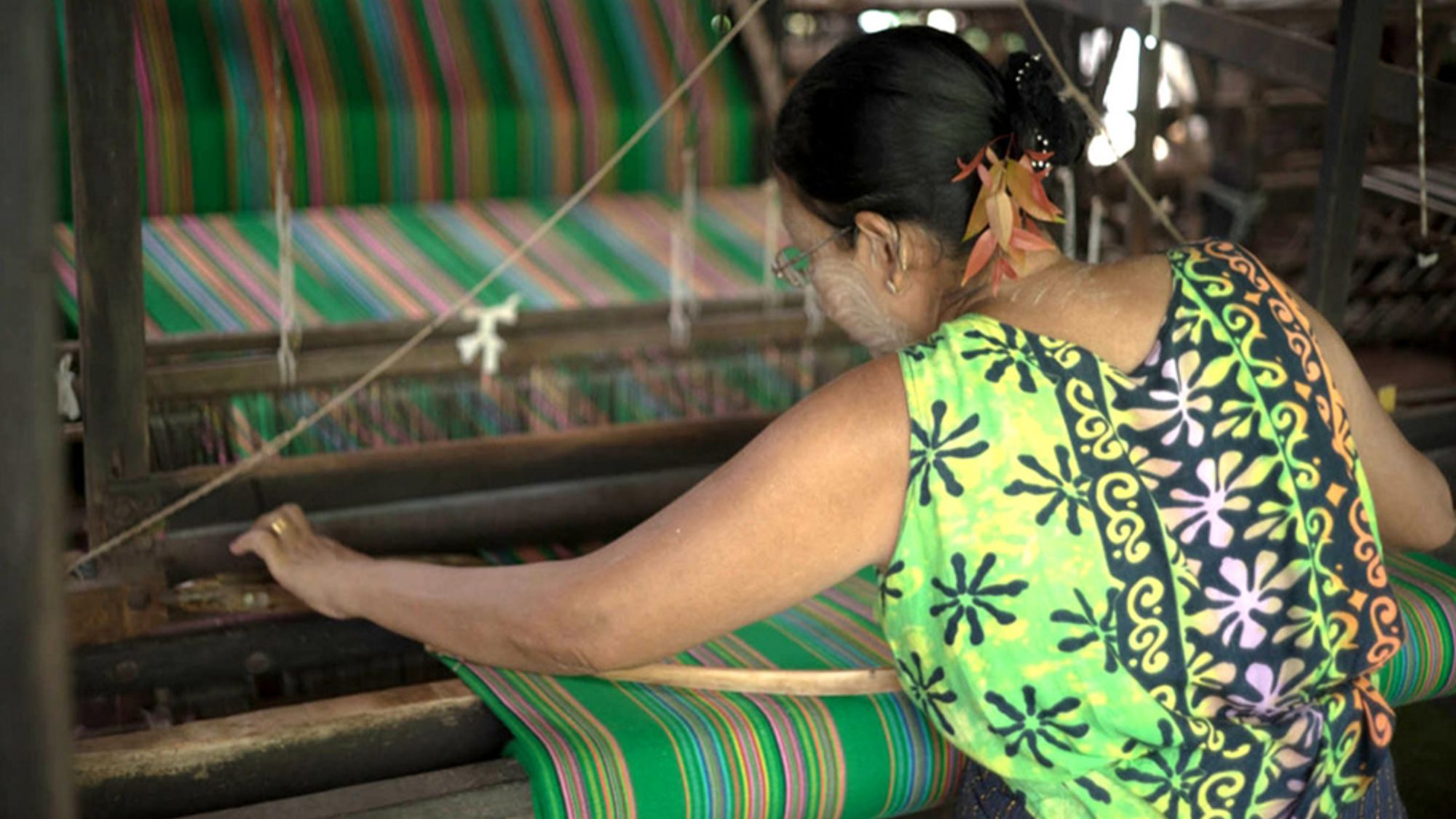
“Before the plant, the area was very dark. It was dangerous at night time; no one could pass through. Today there are a lot of restaurants, coffee shops, entertainment venues and shops. It feels very busy now! Land prices have risen; everyone is happy about this,” he says.
“To be one of the first in Myanmar is a real sense of achievement. This is only the beginning of Myanmar. I believe we can do more,” he adds, reflecting on the power plant that is ushering in an era of positive change and growth for everyone in Myanmar.
Well, almost everyone. Before electricity came to Mawlamyine township, Sandar had a generator in her yard and helped to distribute electricity to her neighbours. Over 15 years, she eventually had 100 houses linking up to her generator – at a cost.
“Once the electricity was switched on I had to stop my side business!” she laughs.

